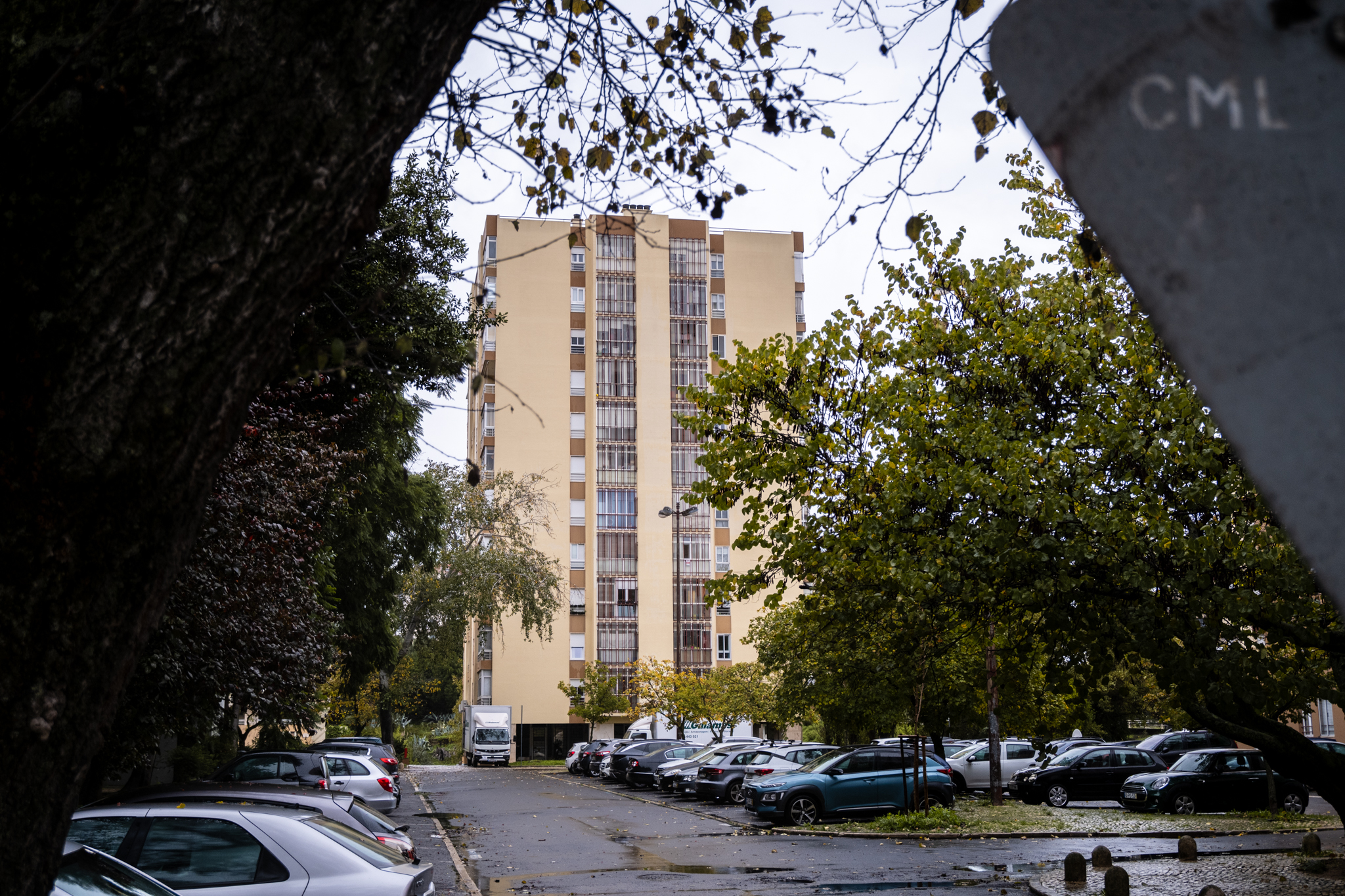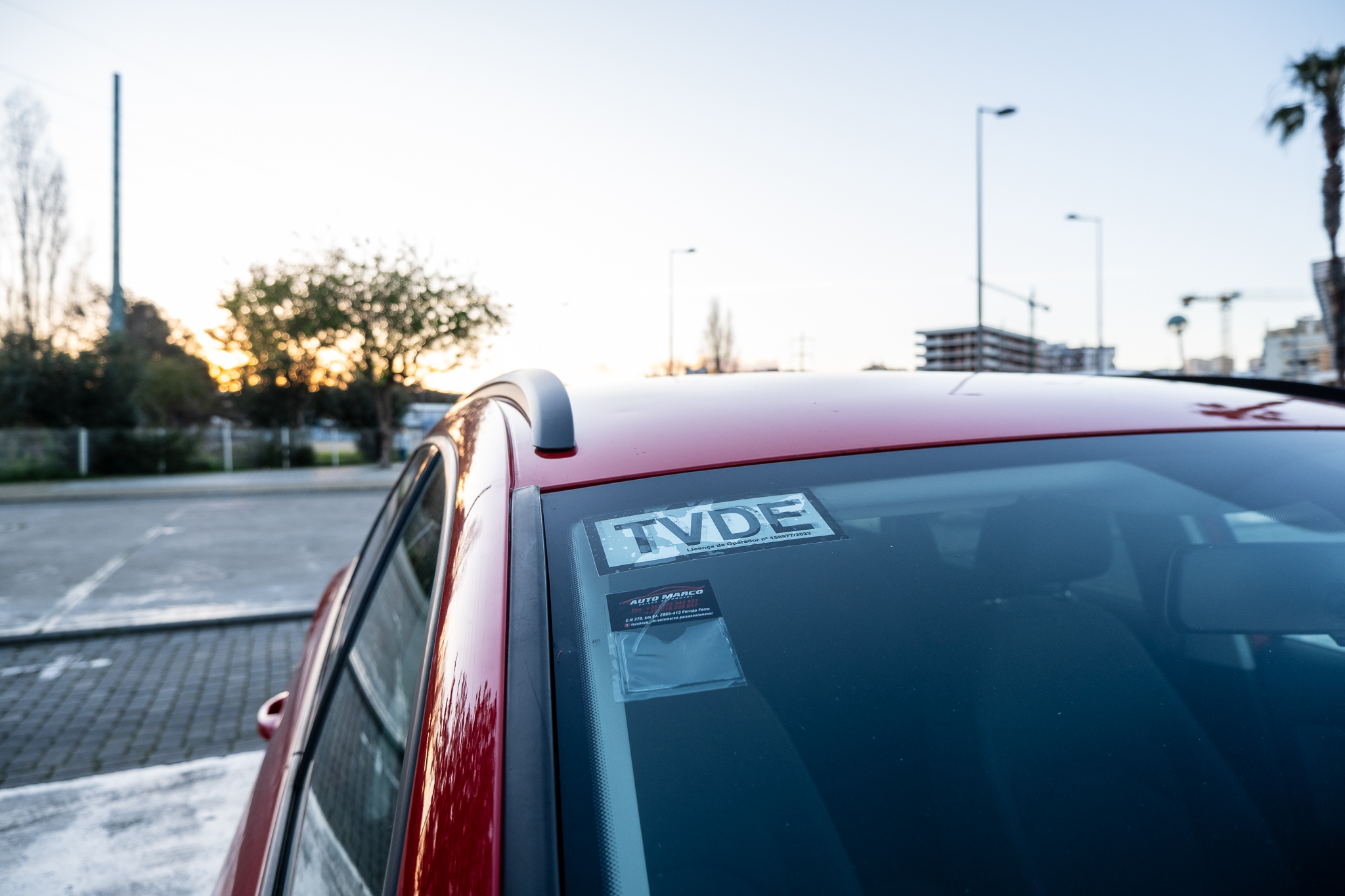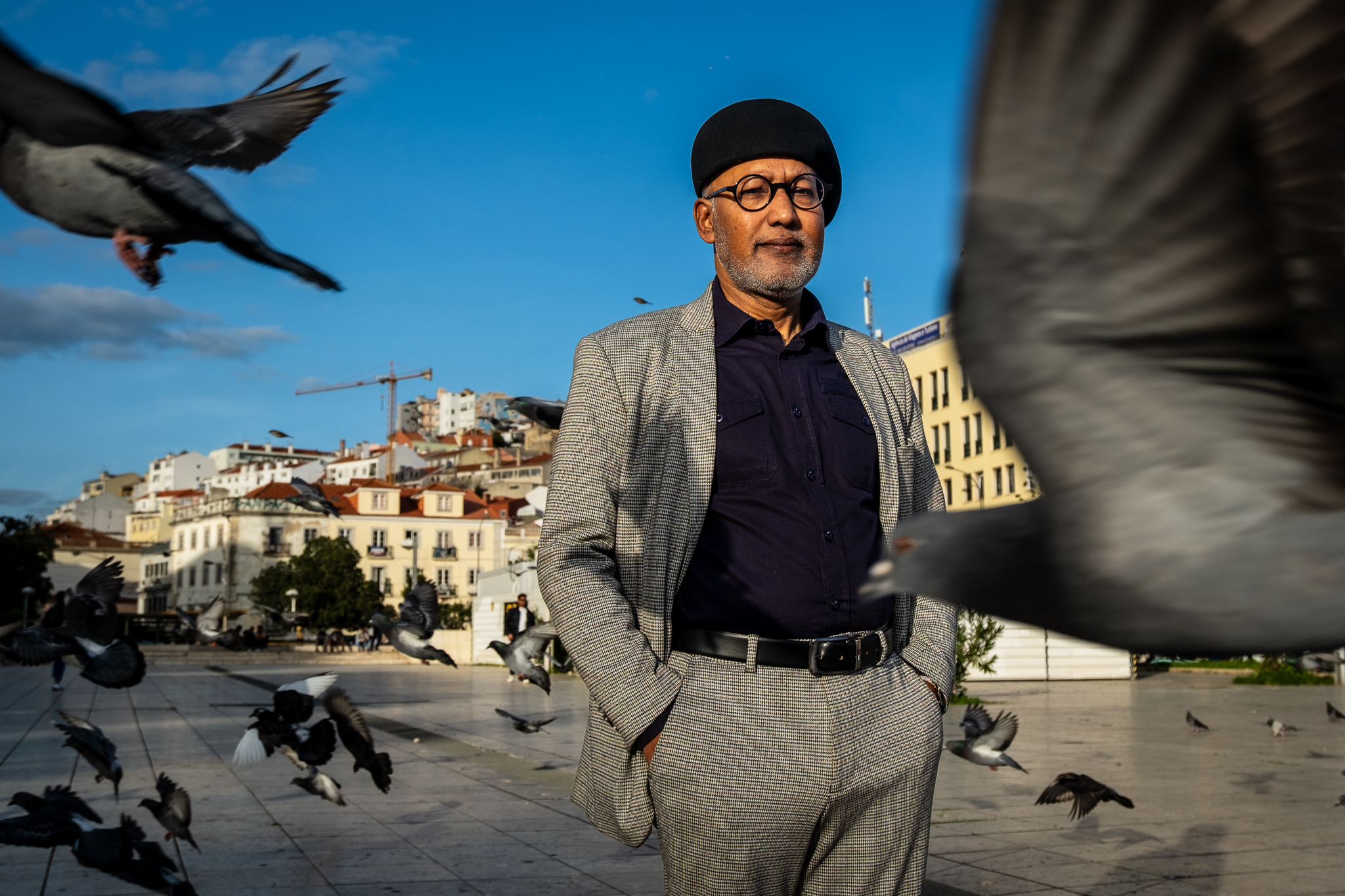While in Lisbon the IMT exemption for young homebuyers was once again rejected, the measure was approved in other municipalities in the metropolitan area.

While Lisbon disapproved, for the third time, the IMT exemption measure for young people up to the age of 35 who buy a house in the municipality, other municipalities in the metropolitan area approved the same measure, namely Mafra, Setúbal and Vila Franca de Xira. In Oeiras There is also already an IMT exemption for homes bought by young people.
The third time was not the charm. In the last week of November, Carlos Moedas once again brought the measure to exempt young people up to the age of 35 who buy their own permanent home in the municipality from the IMT tax to a town hall meeting. With a novelty: the maximum value of these homes had been raised from 250 to 300 thousand euros. However, in this third attempt to fulfill an electoral promise - and despite this change, which would allow the possible number of beneficiaries to be extended - Moedas saw the proposal again rejected by the left.
From Mafra to Setúbal, where young people don't pay IMT when buying a house
In 2024, the Municipality of Mafra go to exempt young people up to the age of 35 from paying IMT when buying their own permanent home up to 250 thousand euros. "In a territory with a growing population and characterized by an increase in the young population, the aim is to support and encourage the acquisition of real estate and, in this way, contribute to the settlement of the new generations in the Municipality of Mafra", points out the municipality of Mafrense in a statement.
If the purchase price of the property exceeds 250,000 euros, the exemption is maintained for the stipulated amount, with the owner only having to pay IMT on the remainder. The granting of this tax benefit will depend on the initiative of the interested parties, by filling in a specific application. The IMT exemption or reduction ceases to have effect if the property is not used as a home within six months of acquisition or if it is used for another purpose within four years. The municipality, led by social democrat Hélder Sousa Silva, hopes that this measure will reach "more than 10,000 young people, making up around 12% of the municipality's population".
The exemption from IMT in Mafra was unanimously approved on November 29 by the Municipal Assembly, on a proposal from the City Council, which was also unanimous; and will be included in the new version of the municipal tax benefits regulation. In addition to the Mayor, eight councillors sit on the Mafra City Council, six from the PSD and two from the PS. The PSD is also in the majority in the Assembly, which also includes the PS, Chega, CDU, PAN, IL and BE.
At SetubalThe proposal to exempt young people from the IMT tax has not yet gone through the Assembly, but it has already been approved by the City Council. It came from the two PSD councillors, who, in the text, mention the low autonomy of young Portuguese people when it comes to housing. "Young Portuguese leave their parents' home later than the average for the European Union, according to data released in September 2023 by Eurostat"point out social democrats Fernando Negrão and Sónia Leal Martins, considering that "Local authorities should take steps to help young people buy their own homes, easing the financial burden of buying a home".
With this in mind, the PSD proposed and the Setúbal City Council approved by a majority, exempt young people up to the age of 35 from paying IMT who buy their own permanent home in the municipality. The exemption is valid for buildings or autonomous fractions of urban buildings up to 200 thousand eurosThis is a slightly lower ceiling than in Mafra. The proposal will now be submitted to the Municipal Assembly. In the Town Hall, which is led by André Valente Martins, of the CDU, it was approved with seven votes in favor, two from the PSD and five from the CDU, and the abstention of the four PS councillors; the Communists' agreement was a condition for the PSD to make the Setúbal Municipal Budget for 2024 viable. In the Setúbal Municipal Assembly, the CDU has 17 deputies, the PS 10, the PSD six, Chega two and IL, BE and PAN have one deputy each.
Vila Franca de Xira also approved a IMT exemption for young people up to the age of 35 buying a house, but with a lower ceiling: only for own permanent housing up to 150 thousand euros. As in Mafra and Setúbal, the proposal originally came from the PSD, represented in the Vila Franca de Xira council by the coalition New Generation. David Pato Ferreira, a councillor from this coalition, explained that this exemption is intended to reach the lowest IMT brackets, of 2% and 5%, associated with "probably" for people on lower incomes. The PSD had proposed this exemption in April, but it was rejected at the time; it has now returned to the discussion in a revision of the municipal tax benefits regulation for 2024.
The IMT measure in Vila Franca de Xira, which will now go to the Municipal Assembly, passed in the City Council with eight votes in favor - four from the PS, including the President, Fernando Paulo Ferreira, two from the coalition New Generation (PSD) and one from Chega - and with the abstention of the three CDU councillors, who challenged the limit of 150,000 euros, saying that there are few houses in Vila Franca that cost less than that. In the Municipal Assembly, the PS has a majority, the CDU is the second political force and the Nova Geração coalition the third, so approval of the measure is expected.
At the beginning of August, the Municipality of Oeiras updated its municipal tax benefits regulation to also include an exemption from paying IMT. The exemption in Oeiras is similar to the one in Vila Franca, in that it also involves the lower tax brackets, as it is aimed at purchase of their own permanent home up to 180,000 euros by young people up to the age of 35. Interested parties will have to submit an application to the City Council for the tax benefit.
You can see here a summary table of the measures that are or will be in force in the different municipalities in the Lisbon metropolitan area:
| Municipality | Young people even... | Houses up to... |
|---|---|---|
| Mafra | 35 years old | 250 thousand euros |
| Setubal | 35 years old | 200 thousand euros |
| Vila Franca de Xira | 35 years old | 150 thousand euros |
| Oeiras | 35 years old | 180 thousand euros |
| Lisbon (not approved) | 35 years old | 300 thousand euros |
📁 Documents
In Lisbon, the third time wasn't the charm
In Lisbon, the IMT exemption for young people up to the age of 35 who buy their own permanent home in the municipality has once again failed to go ahead. Carlos Moedas' government presented the proposal again at the town hall meeting on November 30, where the Municipal Budget for 2024 was also discussed (and approved). The measure, which raised the value of the houses affected by the exemption from 250,000 to 300,000, again failed to convince the opposition: the 10 votes against by the PS, CPL (Citizens for Lisbon), PCP, Livre and BE councillors against the seven votes in favor by Moedas' councillors resulted in a new rejection.

In favor was, of course, the Councillor for Housing, Filipa Roseta, who days before, in an interview with LPPHe had stressed the importance of this support as a means of attracting young people to the city: "When people buy a house, they can even move to another city, but they tend to stay here; they have a reason for wanting to stay here that probably outweighs the reason for wanting to leave." In April, the opposition councillors on the Lisbon City Council had already rejected the IMT exemption for young home buyersThe city's youth council, for example, argued that the measure would only benefit 3% of the city's young people. At the time, the support had an estimated cost of 4.5 million euros for the Lisbon municipality.
The proposal that went before the City Council this time provided for a review of the tax benefits regulations of the Municipality of Lisbon, with 30 days of public consultation. In this regulation, to which LPP had access, it could be read that the measure covered the following "acquisition of urban building or autonomous fraction of urban building" by a person up to the age of 35 or "or, at the limit, by two purchasers, in joint ownership, the benefit being attributed to each in proportion to their share in the acquisition, it not being a requirement for this purpose that the purchasers be married or living in a de facto union". It also stipulated that this acquisition had to be made, "by taking out a mortgage loan with a banking institution authorized by law to grant credit in Portugal".
The PS brought an alternative IMT exemption proposal to the meeting: instead of an exemption for young people, the Socialists proposed a total tax exemption for the purchase of housing, buildings or land for construction that would then be allocated to the municipal Affordable Rent Program (PRA). The PS proposal was discussed and voted on as an alternative to Moedas', but ended up being rejected after the Mayor exercised his casting vote - the two proposals had been tied with seven votes in favor each and, when this is the case, the Mayor's vote counts for two in order to break the tie. After this tie-breaker and the selection of Moedas' proposal, it was voted on again, this time in isolation, and was rejected, as mentioned above.
The Socialists proposed exempting those who purchase land or buildings for affordable rent - through the PRA, for example - from paying IMT. "minimum effective period of five years or more". Among the requirements would be that "at least 700/1000 of the buildings in horizontal ownership or all of the buildings in total ownership or autonomous fractions" were to be made available at affordable rents, or that, in the case of land, construction should begin "within two years of purchase".
📁 Documents
This Tuesday, December 5, at the Municipal Assembly, the Mayor of Lisbon reiterated the importance of the IMT exemption for young people and said that he will present a proposal similar to the one approved in Setúbal with the votes of the CDU (coalition that unites the PCP and the PEV). "I'm going to talk to the mayor of Setúbal [André Martins, from the PEV] and we'll bring the proposal to Lisbon, just like the Setúbal proposal, and we'll all vote and pass this proposal. (...) This is such an important proposal, so important, that I'm for everything, in other words, I want the proposal to go ahead"he told the municipal deputies.
João Ferreira, a PCP councillor on the Lisbon City Council, also said in the Municipal Assembly that "the CDU, both in Setúbal and Lisbon, thinks this is a negative measure"adding that it would not have been approved in the municipality of Setubal if "was not part of a set of PSD conditions to make the city council's budget viable". “In spite of everything, it would be more negative for Setúbal not to have a Municipal Budget than to have a budget with some measures that are considered negative, namely this one"he stressed. The Communist councillor also pointed out that, in Lisbon, the PSD/CDS leadership, which governs without an absolute majority, "have the luck" of the PS making the Municipal Budget viable without conditions, while "in Setúbal, whatever the conditions, the PS will reject the budget".











